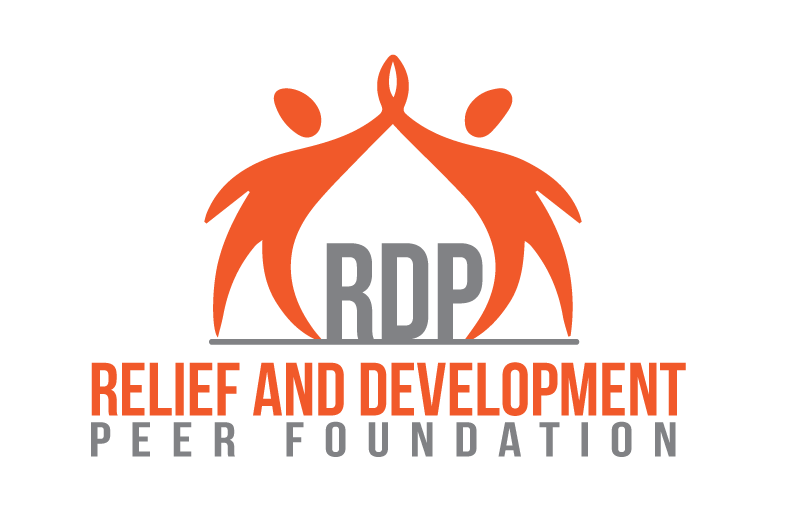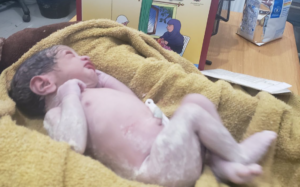Turning a Blind Eye Is Now Over!

Cholera continues to be a global threat to public health and a key indicator of lack of social development. Regretfully, in both Al-Qafr & Al-Sabra districts, the infection is endemic and outbreaks are extremely unusual because most of the areas rely on hand dug wells and contaminated ponds as sources of drinking water.
On May 14th, 2017, Relief and Development Peer Foundation received an appeal from both vulnerable civilians and the Health Office of Al-Qafr and Al-Sabra districts because there were a huge amount of acute watery diarrhea cases. Accordingly, RDP has directed its mobile medical teams to move to the most affected areas after the coordination was being all set with the Health Offices to visit remote rural villages.
Unfortunately, there had been several deaths by the time the team arrived, including a case in Najd Al-Barah area where a pregnant woman died of severe diarrhea and vomiting because she was unable to reach the center of the district due to quite a long distance. And four other deaths in Al-Nakhileh area, Al-Qafr district, which is one of the most affected areas of the cholera epidemic. Also, RDP’s mobile medical team had been informed about a tragic case of (Bader Mohammed Abdullah Farah), who died of severe watery diarrhea and vomiting for about 18 hours and died before being treated. The team then went to the child’s house to examine his brothers, sisters and parents and gave them appropriate medical and psychological treatment. No one was suspected of being infected with cholera, but a moderate non-watery diarrhea in some of them. The team also visited Al-Karabba area in the outskirts of Al-Qafar district after being informed from the Health Office that two vulnerable people have been passed away.
Additionally, water sources were examined including the water well of Al-Madhal area and their water reservoir. It turned out that the well was exposed and surrounded by lots of contamination. Not to mention the fact that the only source of water was inspected in Al-Madyer village, which turned out to be a floodwater and has no well or central reservoirs, so was in Bany Salah village.
Thanks are due to God, the team successfully had done a great job treating many suspected severe cholera cases as well as raising awareness of the importance of cholera prevention through personal hygiene, sterilization of boiling water, washing and cooking of food. Vulnerable people were also exposed to cholera symptoms and signs of risk in diarrheal patients. Each and every health volunteer in all affected areas by the epidemic of cholera was highly trained on how to handle cholera cases. In additional, RDP stayed in a constant contact with the mobile teams to report any urgent emergencies so that any case approaching the risk level has to be taken to the nearest center as quickly as possible.
It is so incredible to see human happiness and sheer bliss felt by vulnerable people after the emergency response RDP team had taken to save the majority of lives whose major fear was the domination of cholera that had taken way more lives than ever.


